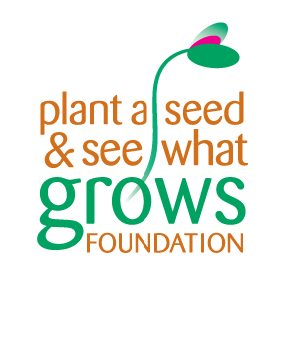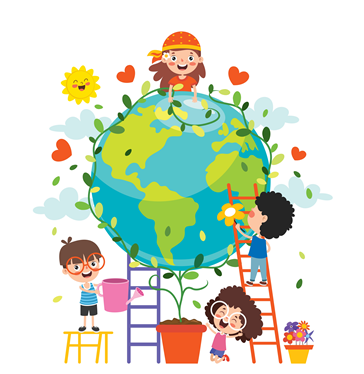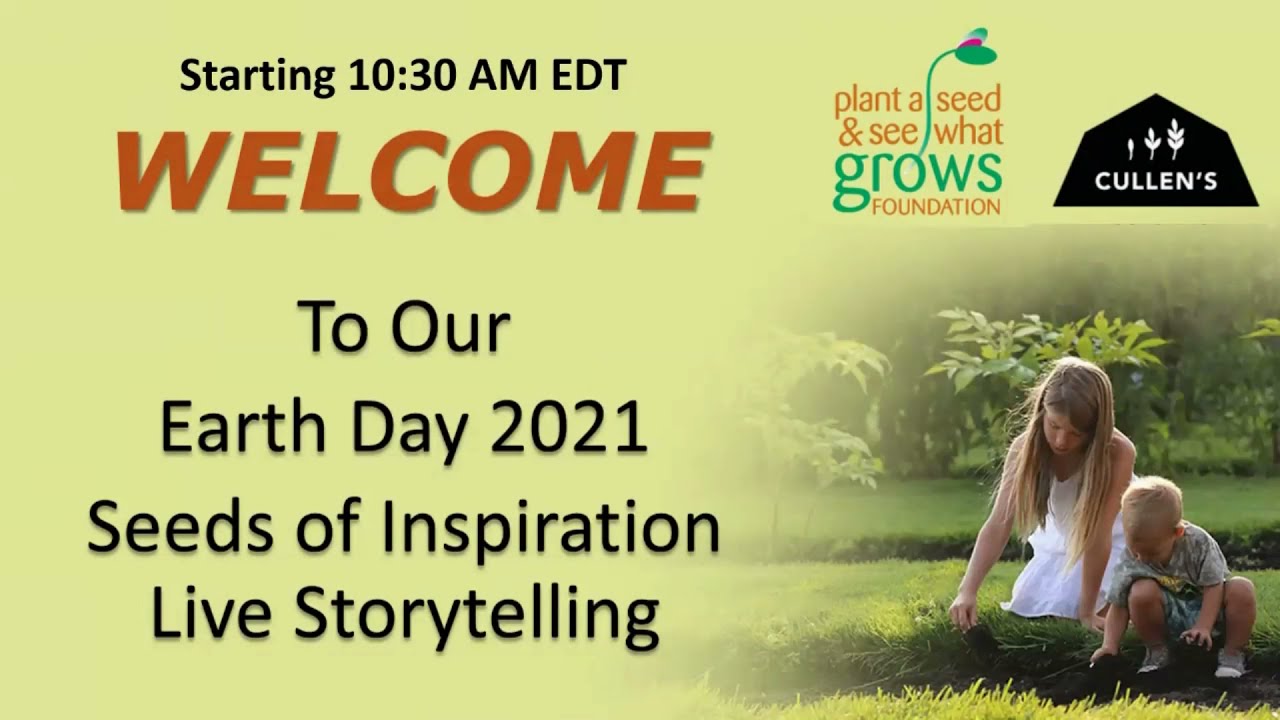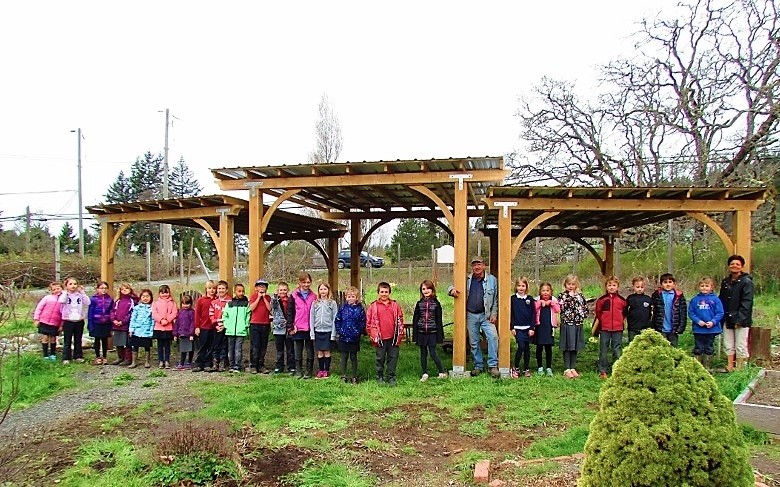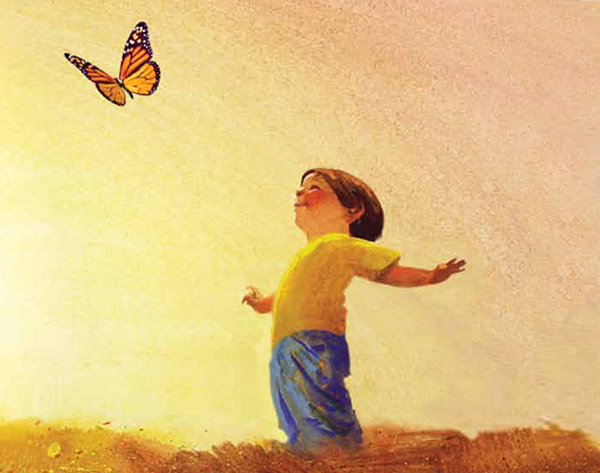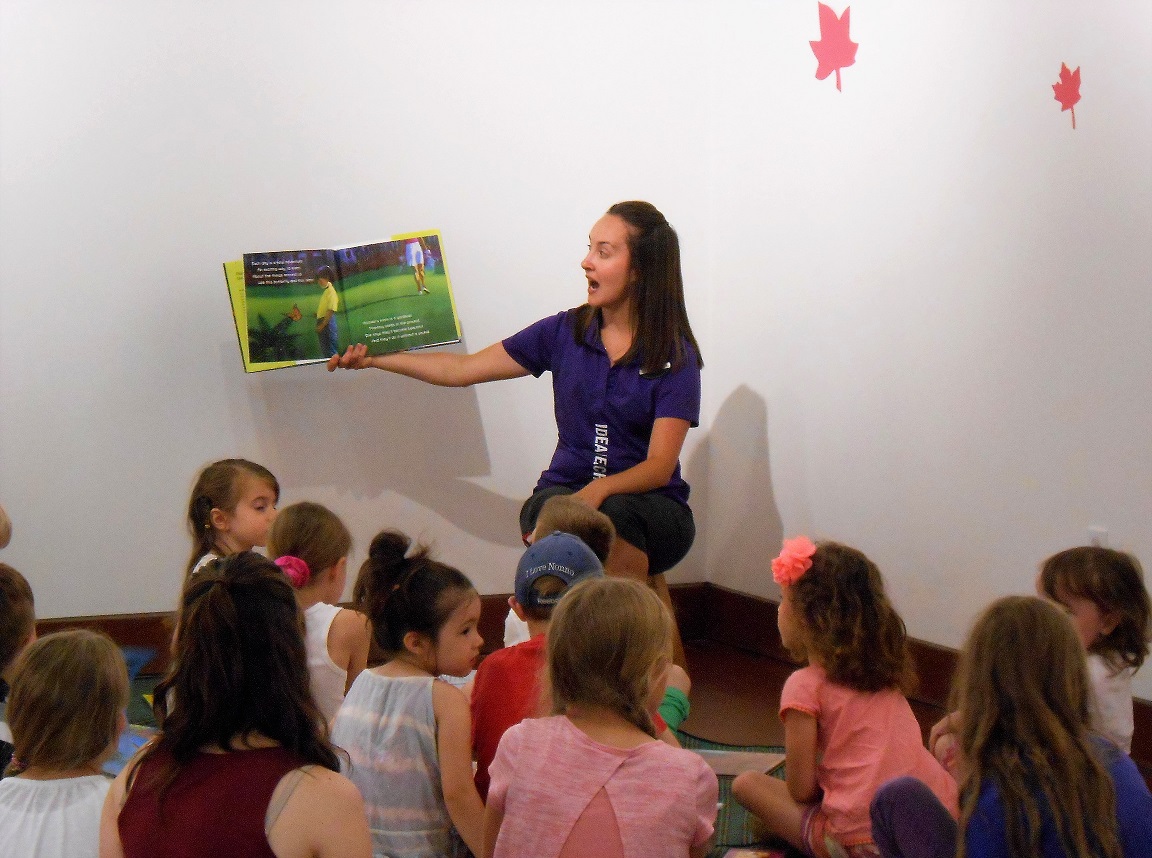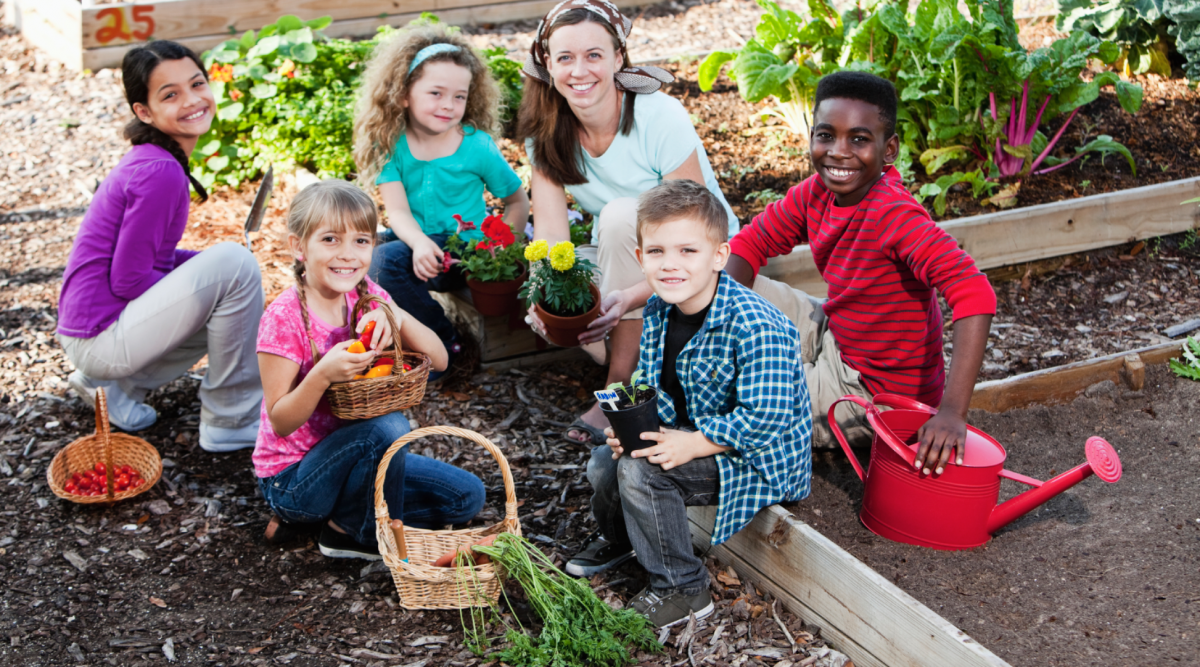
Research from five years ago found that 70% of parents worry that their kids won’t make friends at school. The concern has grown since the events of 2020/2021 placed children into isolation from peers, which has had a reverberating impact into present day. Studies have found that those who were youngest (4-5 year olds) during that period have been most affected when it comes to social development during their first years at school. As a result, parents and educators are wondering if there is anything they can do to help children form friendships without it being forced. Kids respond better when relationships are grown organically, like gardens. Using that metaphor as a jumping point, our Foundation recommends the integration of school gardens to foster an environment that is conducive to, well, making friends. Here’s how!
3 Ways School Gardens Can Help Children Develop Friendships with Their Peers
To Love Others, We Must First Love Oneself
This age old truism is as true in adolescence as it is in our older years. Children have a hard time connecting with their peers if they have low self esteem. Recent research show that school gardening programs can have a direct impact on boosting self esteem in addition and improving other emotional and behavioral health cues:
“Furthermore, studies show that when children have contact with soil during activities like digging and planting, they have improved moods, better learning experiences and decreased anxiety. Most important, the self-esteem a child gets from eating a perfect cucumber that he grew himself is priceless.”
PBS Kids
When children are confident and feel better about themselves, they are more likely to be open to connecting with others in and outside of their class.
School Gardening Builds Youth Social Skills and Can Resolve Conflict
The collaborative and cooperative effort of managing a school garden with fellow students encourages positive interpersonal communication and engagement between young peers. It can also help resolve conflict that can occur on any given day in a class. A study from the National Center for Biotechnology Information (NCBI) found that 75-93% of children reported that an outdoor learning activities (like school gardening) calm them down when they are angry. When thoughts are calm and collected, kids better engage, interact and learn from one another.
Breaks Barriers of Perceived Differences
Children living with physical and/or cognitive challenges often find it very difficult to connect with their peers and form friendships. While great strides have been made to foster a more inclusive generation of adolescents, children with limited abilities are often excluded from many social situations, in and outside of school. By bringing children together in inclusive gardening programs, schools create environments that promote social interaction for all involved. A study of children with “disabilities” who participated in gardening found that their nonverbal communication skills and situational awareness improved. These enhanced skills help them better interact with peers. As a result, they are better able to make connections and form relationships. Further, children of differing abilities who may not grasp with those with disabilities are going through have an opportunity to be more compassionate. By creating a common ground where all can interact and engage, walls that were put up from lack of exposure to one another come crumbling down.
The Plant a Seed & See What Grows Foundation has big plans for the year ahead as we continue our work to promote healthy living for kids across Canada. Help us help the next generation by pledging your support too! View more on how you can get involved in the year ahead, and beyond.
